★★½
“The (serial) end is nigh.”
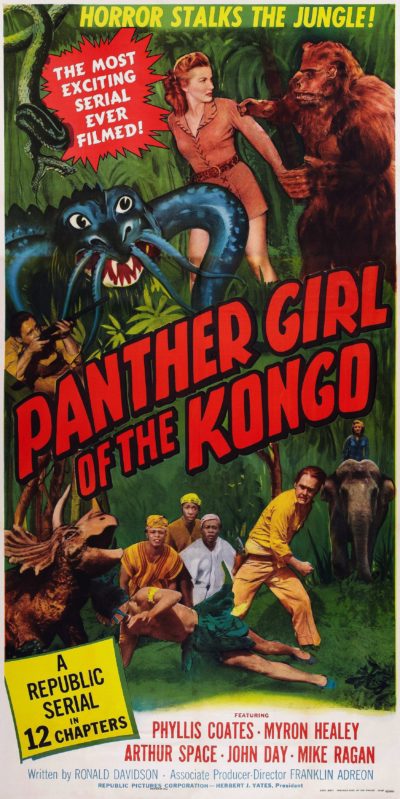 This was the second-to-last of Republic’s sixty-six serials and, to be honest, it shows. Having watched Jungle Girl recently, the recycling here of its action footage – particularly, of the heroine swinging through trees – felt embarrassingly obvious. In the studio’s defense, the contemporary audience might well have forgotten, the source having originally come out fourteen years earlier. However, that doesn’t excuse the fairly threadbare plot, which is laid out inside the first ten minutes of the opening episode, then goes almost nowhere for the rest of the serial. The only point of note is the use of giant crayfish. Yes, coming out the year after classic giant insect movie, Them!, Republic opted to go there.
This was the second-to-last of Republic’s sixty-six serials and, to be honest, it shows. Having watched Jungle Girl recently, the recycling here of its action footage – particularly, of the heroine swinging through trees – felt embarrassingly obvious. In the studio’s defense, the contemporary audience might well have forgotten, the source having originally come out fourteen years earlier. However, that doesn’t excuse the fairly threadbare plot, which is laid out inside the first ten minutes of the opening episode, then goes almost nowhere for the rest of the serial. The only point of note is the use of giant crayfish. Yes, coming out the year after classic giant insect movie, Them!, Republic opted to go there.
Rather than radiation, these are the product of mad “differently sane” scientist, Dr Morgan (Space), who has developed a growth hormone which causes the creatures that consume it to achieve massive, rapid growth, and apparently renders them impervious to the inverse-square law too. You’d think that kind of thing would be a fast ticket to fame, fortune and Nobel prizes. But it turn out, Morgan is instead embedded deep in the African jungle, using his creatures to try and scare off the local tribe, so he and his minions can get unhindered access to a diamond mine on their lands. Caught in the middle is wildlife photographer Jean Evans (Coates). When she catches the monster on film, she sends for help from big game hunter Larry Sanders (Healey), and they have to fend off both hormone-enraged crustaceans and Morgan’s thuggish henchmen.
It might have worked better as an 80-minute B flick. I have to say the miniature work by the Lydecker brothers, does a good job of making the crayfish look gigantic. However, there’s no need to have them roar, and the interaction with the human characters is basically limited to a single claw grabbing an appendage from out of shot. Morgan’s tactics appear to be limited to getting his minions to shepherd the creatures towards the locals, with a small side-dish of preventing word of the beasts getting out. Rinse and repeat: you’ll likely get bored and drift off before the end, despite another case of dynamite being carelessly left around.
Jean is certainly the most firearm happy heroine, blazing away almost as soon as we see her. Though it’s never explained why she is also so adept at swinging through the jungle, etc. She gets her titular name as an honorific, after saving the villagers from a rogue black leopard, and I guess she is isn’t a cat person. For at another point, Jean engages in hand-to-hand (or paw?) combat with a lion, in order to prove her “magic” is good, and not responsible for the monsters. Obvious stunt doubling is obvious here, even if admittedly someone is still getting closer to the lion’s jaws than I’d want to. But this certainly does not live up to the poster proclaiming it “The most exciting serial ever filmed!”
Dir: Franklin Adreon
Star: Phyllis Coates, Myron Healey, Arthur Space, John Daheim





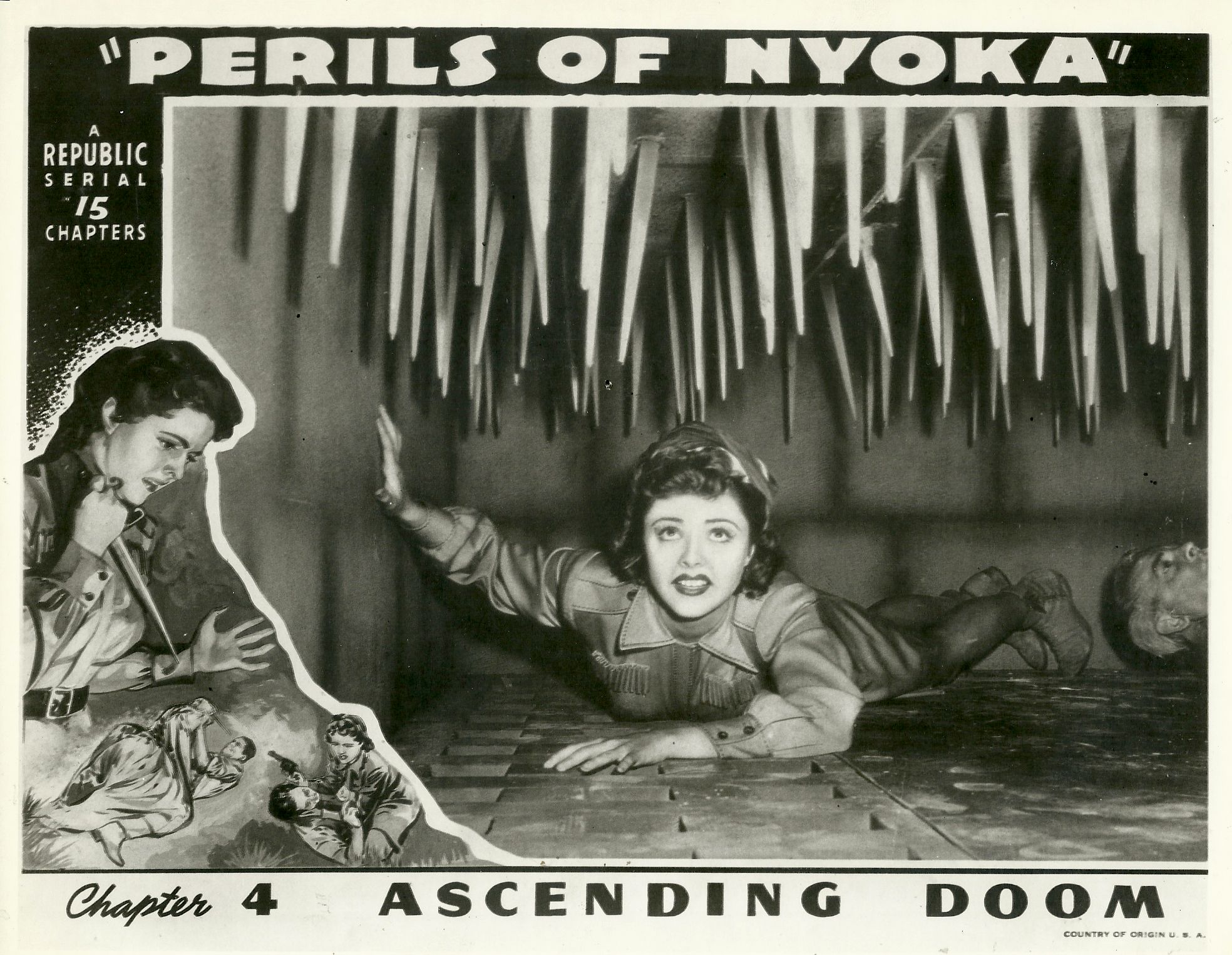 ★★★½
★★★½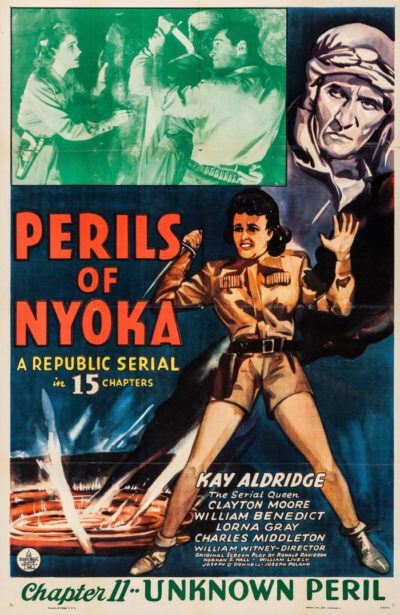 This was the first serial I had watched since
This was the first serial I had watched since 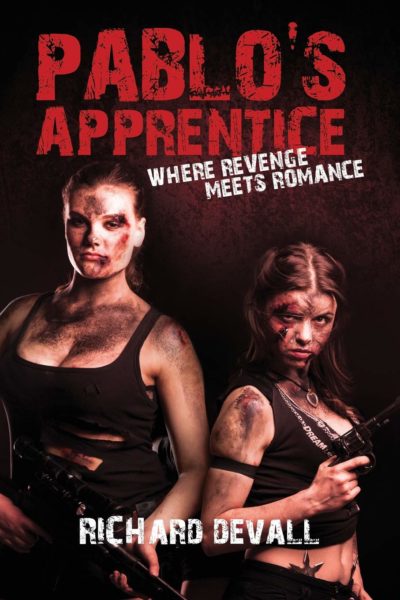
 On the one hand, this is obviously The Asylum’s mockbuster version of Dune, and that carries with it weightily low expectations. But, dammit if I didn’t actually
On the one hand, this is obviously The Asylum’s mockbuster version of Dune, and that carries with it weightily low expectations. But, dammit if I didn’t actually 
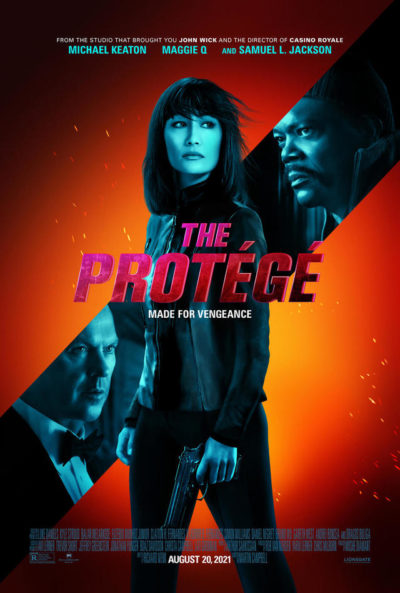 It’s nice to see Maggie Q get back into the action genre again. It’s where she achieved renown – most obviously in the second
It’s nice to see Maggie Q get back into the action genre again. It’s where she achieved renown – most obviously in the second 
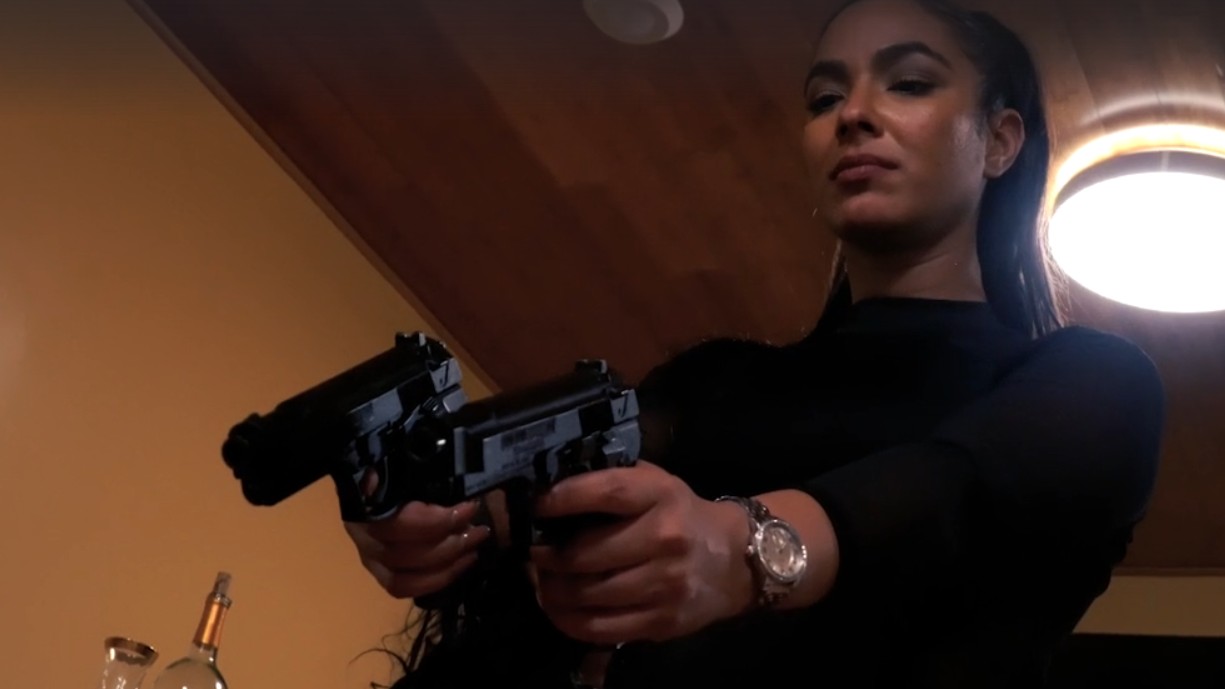
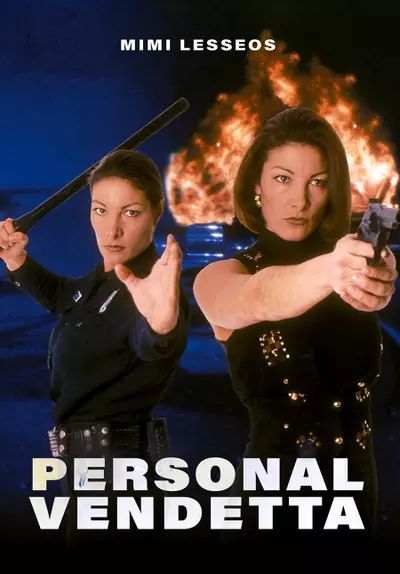 Bonnie Blackwell (Lesseos) is a battered wife, whose husband, Zach (Bottoms), eventually goes too far, putting her in hospital. He gets a spell in prison, and she decides to take control of her life and become a police officer. However, the scars of her abuse run deep, and she finds herself initially “freezing” when faced with potential threats, due to the PTSD resulting from her abusive relationship. Encouraged by colleague Bill Starr (Douglas), she eventually manages to work her way past that, just in time for Zach to be released from jail without her knowledge. She discovers that he had been running a human trafficking operation, bringing in Vietnamese mail-order brides, and sets out to take him down.
Bonnie Blackwell (Lesseos) is a battered wife, whose husband, Zach (Bottoms), eventually goes too far, putting her in hospital. He gets a spell in prison, and she decides to take control of her life and become a police officer. However, the scars of her abuse run deep, and she finds herself initially “freezing” when faced with potential threats, due to the PTSD resulting from her abusive relationship. Encouraged by colleague Bill Starr (Douglas), she eventually manages to work her way past that, just in time for Zach to be released from jail without her knowledge. She discovers that he had been running a human trafficking operation, bringing in Vietnamese mail-order brides, and sets out to take him down.